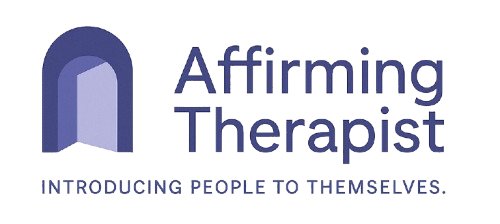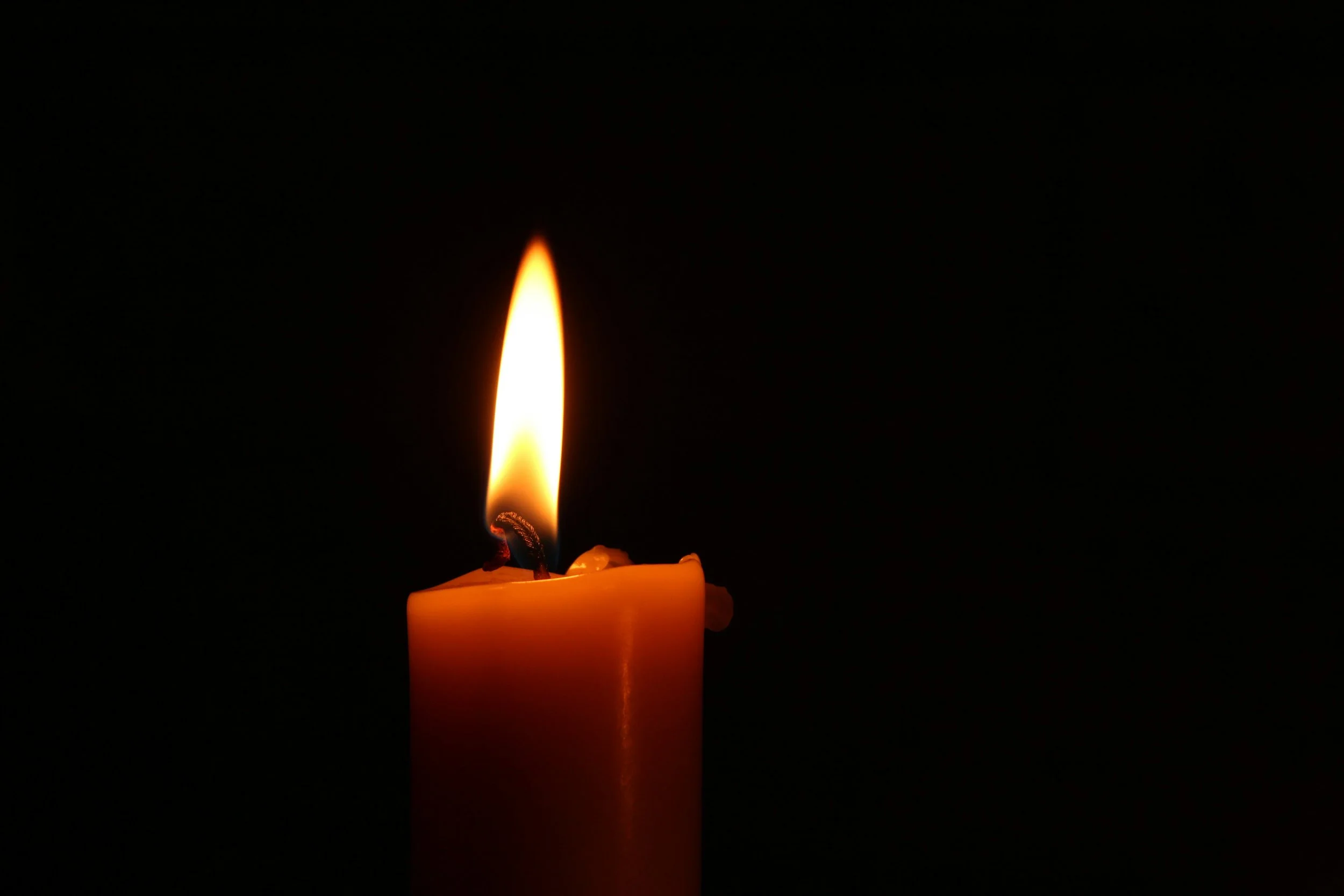Remembering Her, Remembering Us: The AWARE Saga and After
Photo by David Tomaseti on Unsplash
How do we process the death of someone who fought against our rights? I feel conflicted relief, anger, even sadness for the limits of her vision. What does forgiveness look like when harm runs deep? This isn’t easy. I don’t have answers, but I want to sit with the questions.
The passing of a leader has stirred up old memories for many of us in Singapore, especially those who remember the AWARE saga of 2009. It's tempting to respond with simple reactions—good riddance, or conversely, polite public respect. But I don’t think it’s that simple.
I find myself grappling with contradictory feelings: anger at the harm she caused to Singapore’s women's movement and queer community; a strange relief that the story feels “closed” in some way; sadness for a human life ended, for a mind that was brilliant yet locked in such rigid certainty about right and wrong.
Jung writes about coniunctio, the union of opposites—the final stage of transformation in alchemy. Not in literal gold-making, but in psychological growth. He describes the need to hold contradictions in tension: good and evil, love and hate, hope and despair. Only by not splitting the world into pure camps do we find something genuinely new in ourselves.
So I’m trying—imperfectly—to sit with these tensions.
On one hand, I believe her project harmed people. She mobilized religious authority to police women’s rights and queer lives. She fought to exclude, to impose a single moral vision on a diverse society.
On the other hand, she was a human being. A mother, teacher, mentor. She was not “only” an enemy of progress. She was complex. Flawed. She was us, in the sense that all of us carry rigidities, fears, and certainties that can damage others.
If I let myself feel only triumph or only pity, I amputate part of the truth.
Jung said the true coniunctio is not comfortable. It is the "mysterious union of the most bitter enemies." It doesn’t mean excusing harm or erasing conflict. It means refusing to exile any part of the psyche—our rage or our grief—from consciousness.
What does forgiveness look like when harm runs deep? I don’t know. Maybe it’s not about declaring someone “forgiven” in a way that absolves the past. Maybe it’s about refusing to be reduced to reactive hatred. About witnessing the full story without collapsing it into a single slogan.
I think of her legacy as a warning: how fear can masquerade as virtue. How certainty can justify cruelty. But also a reminder that we can’t change society by annihilating our enemies. We have to understand them—even if we oppose them.
I’m not here to tell anyone else how to feel. These are just my own thoughts.
If you’re reading this and feeling complicated too—angry, relieved, reflective, sad—I hope you’ll give yourself permission to feel all of it. And maybe we can hold those feelings together, in this shared, often fractured civic space.
That seems like the first step toward a more honest, humane society. Even if it hurts.
If you’d like help making sense of feelings like these, I’m here to talk.

